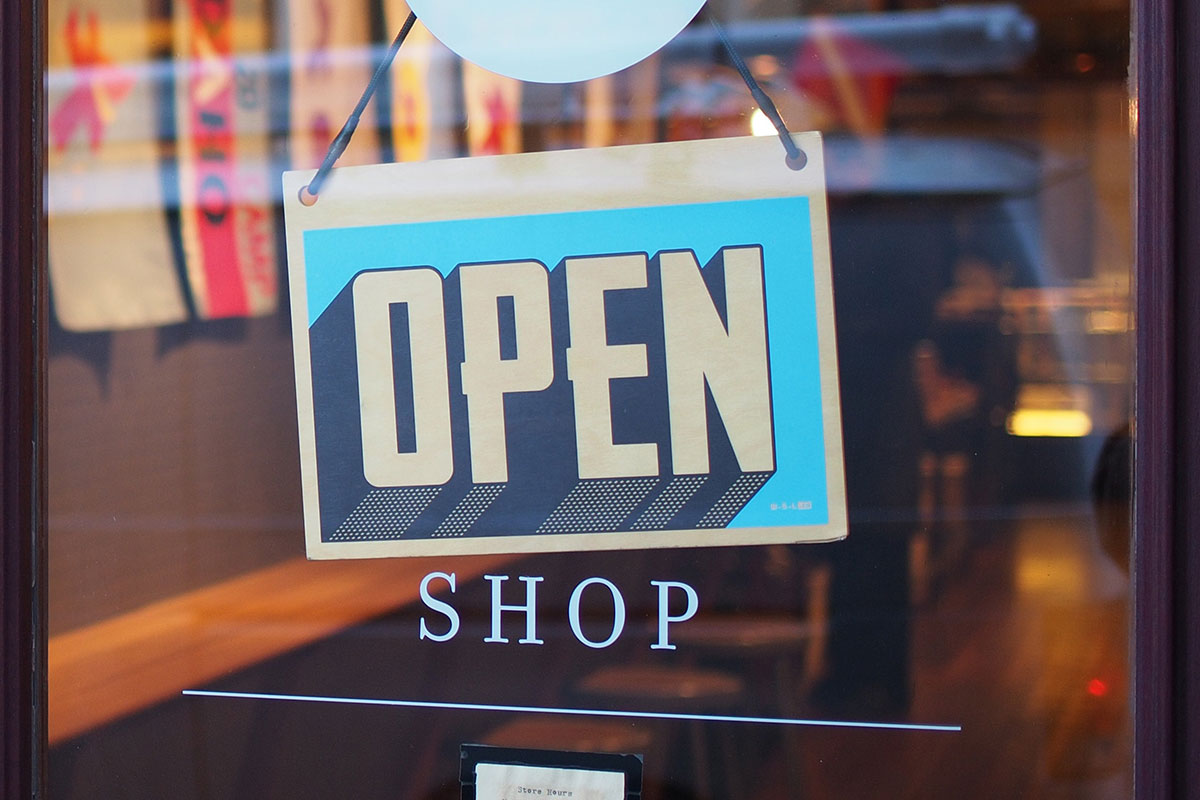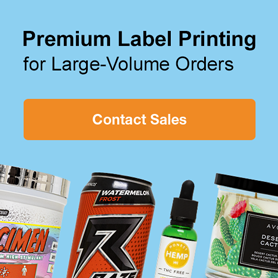Should I Sell Consignment or Wholesale?

If getting on store shelves is the next step for your brand, there are various ways small business owners can go about it. Here, we'll hone in on selling consignment and wholesale – the pros and cons, best strategies, and which to choose.
Consignment
Selling consignment means placing your product in someone else's store and receiving a certain percentage of sales only once it's been sold. Clothing and jewelry consignment stores are common. There are even online clothing consignment stores in today’s digital landscape. But did you know you can also sell antiques, furniture, or seasonal goods?
Pros
There are several reasons why you may want to consider selling your products consignment. Here are a few of the most popular benefits.
- Your brand gets a foot in the door. Consignment is great if you're a beginning entrepreneur. Unlike wholesale, consignment stores don't pay you anything up front. There's no risk for them to give you a spot, so they'll be willing to take a chance on you.
- You can sell used items. Unlike wholesale, you don't need to be the maker of the products you're selling. As long as items are high-quality and clean, they can sell. Some folks will even bargain hunt and resell items through consignment. As long as the shop thinks it'll sell, go for it!
- Your profit rate is higher. Consignment generally pays sellers around 60-70% of the item’s retail cost. This means more potential for profit in your pocket per transaction.
Cons
With benefits come risks. Consignment sales are not for everyone and here’s why.
- You assume the risk. While zero risk for the store means they'll take a chance on you, the risk has to fall on someone. With consignment stores, if your product doesn't sell, you make no profit. In a model like this, keep enough cash on-hand to make it through dry spells.
- You relinquish control. Display and shelving decisions are often in the hands of the shop owner with consignment stores. You'll likely have minimal influence over key selling factors which means your product might not get the attention it deserves.
Best Strategy
Get everything in writing. You can take control over your consignment sales by only agreeing to terms you're happy with. Store owners may or may not be willing to negotiate, but you never know unless you ask. Your requests can include how your product will be displayed, payment frequency, sales splits, and more. You may also want to address what happens in case of theft or damage, any additional fees involved in the process, and inventory management.
You should also try and find consignment pop-ups. These opportunities could help draw attention to your brand and products and usually experience higher-traffic than the traditional store. That means quicker profit turnaround and an increased customer base.
Wholesale
Wholesale means selling your product in bulk to a distributor at a discount. The distributor is your middle man. You sell to them, then they sell to the consumer.
Pros
For many businesses looking for scalability, wholesale is a very appealing option. Here are some of the biggest benefits to selling wholesale.
- Your risk is low. Consignment and wholesale have opposite risk profiles. Once a wholesaler has purchased your product, that's it – you get paid for the total quantity and can walk away. The pressure is on the distributor to sell to the consumer and make their money back plus profit.
- Your branding shines. Wholesale distributors buy your product as-is, including the branding. That means big brand exposure with minimal-to-no marketing expenditures for you. In reality, you're using someone else's marketing budget to get your name out there.
- You're dealing in bulk. It takes less time to sell your product all at once than one-at-a-time. It's also faster to make large batches than smaller ones and you’ll likely save on your production costs when doing so. Since each order essentially includes marketing, delivery, and more in the purchase cost, you may experience bigger and more consistent paycheques.
Cons
Wholesale selling is not for everyone. You will want to keep the following in mind when making your decision.
- Your profit rate is lower. Wholesale selling rates are typically 50% of retail price. This might be a turn off for some, however, the guarantee of selling your entire stock generally offsets the lower profit potential.
- You have a lot of legwork. There are more barriers to entry with wholesale than there are with consignment. You have to do your research on preferred distributors, their existing product lines, and how you play into their goals. You’ll likely need a presentation to pitch your product and to build relationships with their sales reps and buying teams. Then there's negotiations and other back-end processes that need to be addressed before you can start fulfiling orders.
Best Strategy
Know your audience. In this case, it's less about knowing your consumers than knowing your partners. Tailor your presentation to the retailer, from your pricing to presentation. You should also consider making a sell sheet. Sell sheets are common one-page marketing documents that provide retailers with a quick and appealing overview of your product. It's recommended that you include:
- Quality product photos with a white background ("on white" is industry standard)
- Pricing information (can be tailored to the retailer's pricing structure)
- Customer testimonials
- Links to your product's online presence (website, social media, etc.)
- Contact Information
- An order form
Choosing Consignment or Wholesale
Consignment tends to be the best option for beginner or hobbyist sellers. If your product is new, use consignment as a market-testing method. You'll learn valuable information about your audience and product line. Wholesale can be the better option for serious or experienced sellers. You'll receive payment immediately and bulk production can mean bigger profits in the long run.
Having said that, this process isn't one-size-fits-all. Do your research, test it out, and decide which is best for you. Consignment and wholesale are two different animals, so give it some thought.
Whichever option you pursue, we’re here to help things go right. From product labelling to barcoding, we have the label sizes, configurations, and materials you need. Get more expert advice in our article centre or call 0203 051 9664 to speak to our customer service representatives.


